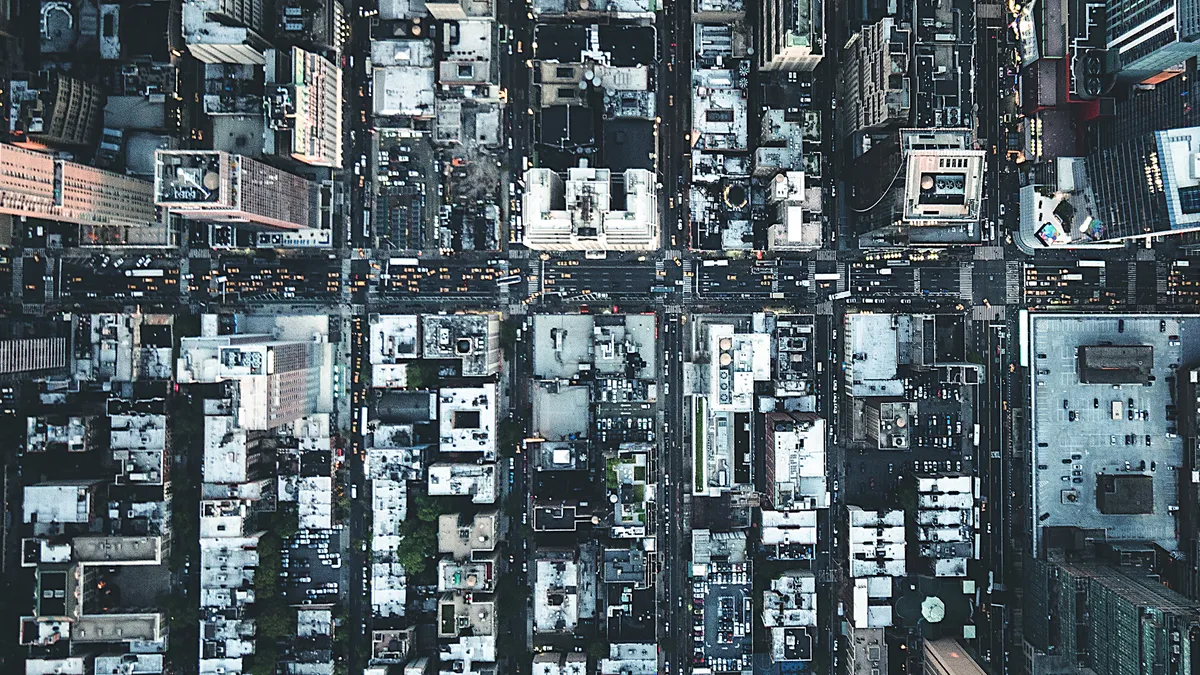Dive Brief:
- A $1.2 million grant from Bloomberg Philanthropies, the Ford Foundation and the JPB Foundation aims to support an initiative from The Fresh Air Fund to turn New York City's closed streets into open spaces for children to play this summer.
- The Fund's Summer Spaces and Youth Employment Programs will provide safe places for low-income children, ages 5-13, to play outside in the Bronx, Brooklyn, Manhattan and Queens. The sites will serve approximately 90 children each day, with 26,000 slots available over the course of the summer.
- Summer Spaces will also employ 200 people ages 18-24 as activity specialists, coaches and counselors, in an effort to close the "earnings gap" for young people struggling during the novel coronavirus pandemic (COVID-19), executive director Fatima Shama said in a statement.
Dive Insight:
The initiative is partly inspired by New York's "Summer Streets" program, which launched in 2008 under former mayor Michael Bloomberg. It also comes as many cities have responded to the pandemic by experimenting with closing streets in a bid to encourage more bicycling and other socially-distanced exercise activities. Roadways take up approximately 30% of public space of public space in Manhattan alone, therefore the New York City Department of Transportation (NYCDOT) is limiting vehicle traffic on up to 100 miles of roads as part of its coronavirus response.
While updating street uses commonly means adding protected bike lanes or removing parking spots, it can also include initiatives that give stir-crazy kids a place to be active outside. This effort could also be beneficial to tackling the many mental health challenges that city residents are experiencing during the pandemic.
The Fresh Air Fund will build on guidelines being published this month called Designing Streets for Kids, under a collaboration between Bloomberg Philanthropies and the National Association of City Transportation Officials' (NACTO) Global Designing Cities Initiative.
In 2018, NACTO kicked off its Streets for Kids program in a bid to develop new guidance and street designs to make streets safer for children. At the time, the organization said road crashes kill an estimated 500 children daily in cities worldwide, making everyday activities like going to school or running errands "unpleasant and stressful."
"The streets are the largest consumption of public space in any city in the U.S.," Kyle Wagenschutz, director of local innovation at advocacy group PeopleForBikes, told Smart Cities Dive in an interview earlier this year. "The public roadway is the No. 1 space owned by the city and controlled by the city ... [They] don't have to go through a lot of hurdles to change the way streets work, and they know that people are going to be coming outside."












